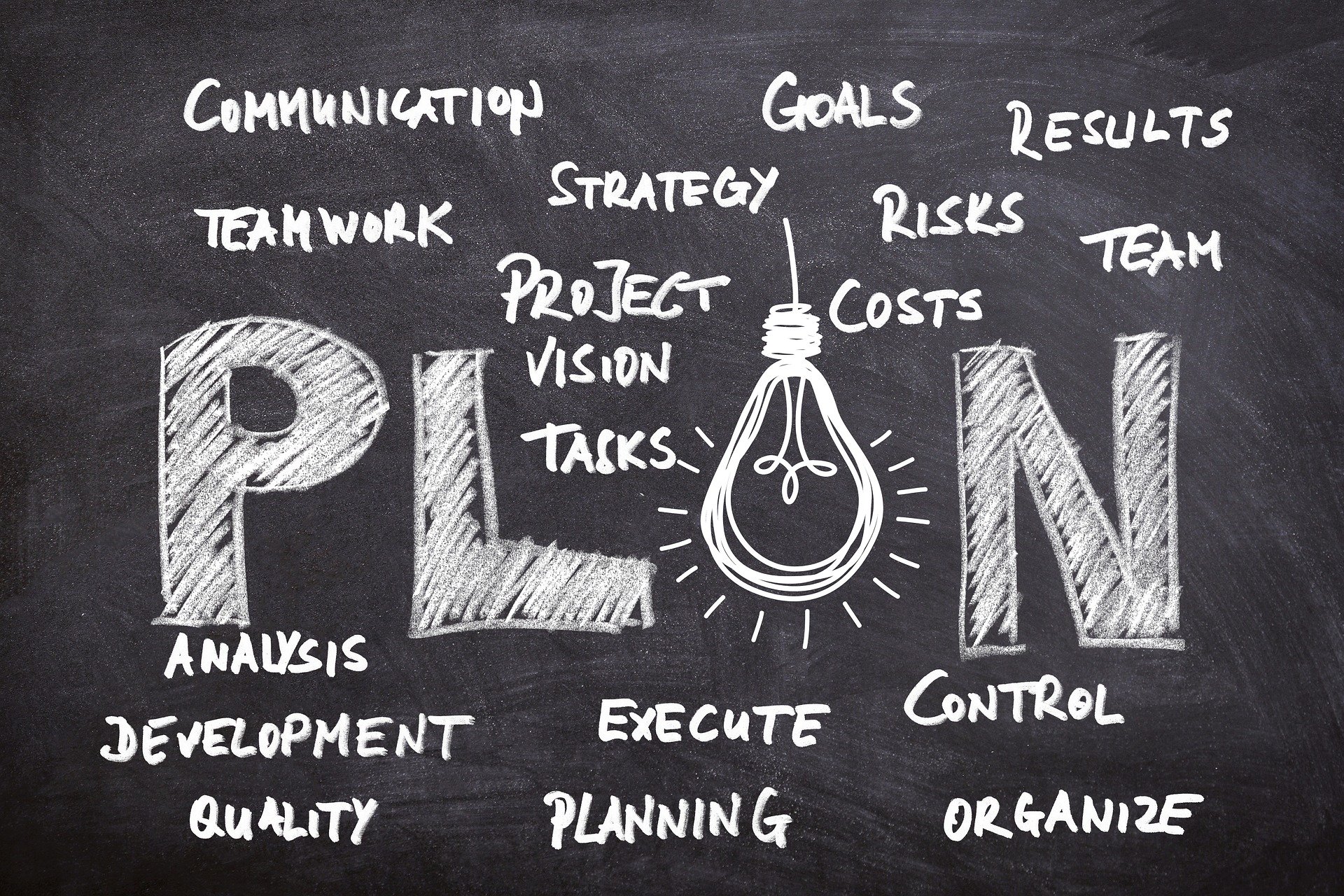Many job sites across the construction industry can create large amounts of waste. How do they deal with so much waste? The answer is a job site waste management plan. The plan includes proper procedures for all types of waste, as some are hazardous materials. Some waste’s toxic or flammable nature requires companies to have job site waste management plans. Construction companies must utilize these plans to contain costs and boost overall efficiency. In addition to helping a company’s bottom line, job site waste management plans can also bolster the company’s reputation as being green (environmentally friendly).
The idea behind a job site waste management plan is to give a construction company guidelines regarding appropriate storage and waste disposal. Let’s take a closer look at what a job site waste management plan entails.
How Much Waste Does Your Job Site Produce?
The first thing you need to understand is how much waste is going to be produced by your site so that you can order the correct-sized roll-off dumpsters. If you are unaware of how much waste your construction site is producing, then an excellent place to start is by monitoring how much waste your company generates and the kind of waste it produces. Many construction companies deal with materials like concrete, drywall, glass, metal, plastic, paint, and other types of debris. If it is the demolition of older buildings, asbestos may be involved.
Recording what kinds of waste and how much waste your construction company generates will assist you in creating a job site waste management plan that will estimate what you need to do to efficiently and safely dispose of such material. A waste audit can be done in-house, or you can employ an expert to steer you through the process. It’s critical to ensure you document any consistent trends in what kind of waste is produced. A large amount of waste will require a significant-sized roll-off dumpster, such as a thirty-yard roll-off dumpster (twenty-two feet long x eight feet wide X five and a half feet deep) or two-thirty yard roll-off dumpster.
Not All Waste Can go in a Roll-Off Dumpster
If you are a larger company, you should have an environmental manager who will know what can be disposed of in a dumpster according to state and local regulations. For this reason, an environmental manager is a crucial part of your waste management planning team.
If you are a smaller company, contact your state or local environmental authority to determine what kinds of materials can be disposed of in a dumpster and what can’t. Most construction debris like cement, glass, brick, and wood can be disposed of in a roll-off dumpster. Items such as solvents, electronics, tires, and mattresses may not be able to be disposed of in a roll-off dumpster if state or local regulations prohibit it. Your controlling environmental authority will be able to advise you on where you can dispose of items not allowed in a dumpster.
Dumpstermaxx Can Help With Your Waste Management Program
We can help you stick to your job site waste management plan by providing the right-sized dumpsters for your needs. We will deliver the roll-off dumpsters directly to your construction site and pick them up once it has been filled. Contact us today; one of our helpful staff members will be able to assist you with your waste disposal requirements.


